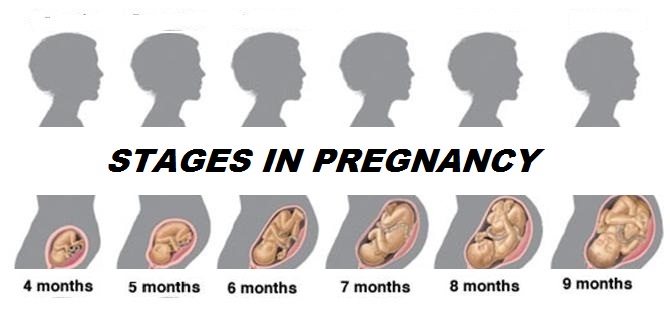
Prenatal physical activity should be considered a front-line therapy for reducing the risk of pregnancy complications and enhancing maternal physical and mental health.
For pregnant women not currently meeting this guideline, a progressive adjustment toward them is recommended. Previously active women may continue physical activity throughout pregnancy.
Women may need to modify physical activity as pregnancy progresses. There may be periods when following the guideline is not possible due to fatigue and/or discomforts of pregnancy; women are encouraged to do what they can and to return to following the recommendations when they are able. This guideline were informed by an extensive systematic review of the literature, expert opinion, end-user consultation and considerations of feasibility, acceptability, costs, and equity.
TO BE CONTINUE….
======================================================================================
Abstract
Objective
The objective is to provide guidance for pregnant women, and obstetric care and exercise professionals, on prenatal physical activity.
Outcomes
The outcomes evaluated were maternal, fetal, or neonatal morbidity or fetal mortality during and following pregnancy.
Evidence
Literature was retrieved through searches of Medline, EMBASE, PsycINFO, Cochrane Database of Systematic Reviews, Cochrane Central Register of Controlled Trials, Scopus and Web of Science Core Collection, CINAHL Plus with Full-text, Child Development & Adolescent Studies, ERIC, Sport Discus, ClinicalTrials.gov, and the Trip Database from database inception up to January 6, 2017. Primary studies of any design were eligible, except case studies. Results were limited to English, Spanish, or French language materials. Articles related to maternal physical activity during pregnancy reporting on maternal, fetal, or neonatal morbidity or fetal mortality were eligible for inclusion. The quality of evidence was rated using the Grading of Recommendations Assessment, Development, and Evaluation (GRADE) methodology.
Values
The Guidelines Consensus Panel solicited feedback from end-users (obstetric care providers, exercise professionals, researchers, policy organizations, and pregnant and postpartum women). The development of this guideline followed the Appraisal of Guidelines for Research Evaluation (AGREE) II instrument.
Benefits, harms, and costs
The benefits of prenatal physical activity are moderate, and no harms were identified; therefore, the difference between desirable and undesirable consequences (net benefit) is expected to be moderate. The majority of stakeholders and end-users indicated that following these recommendations would be feasible, acceptable, and equitable. Following these recommendations is likely to require minimal resources from both individual and health systems perspectives.




